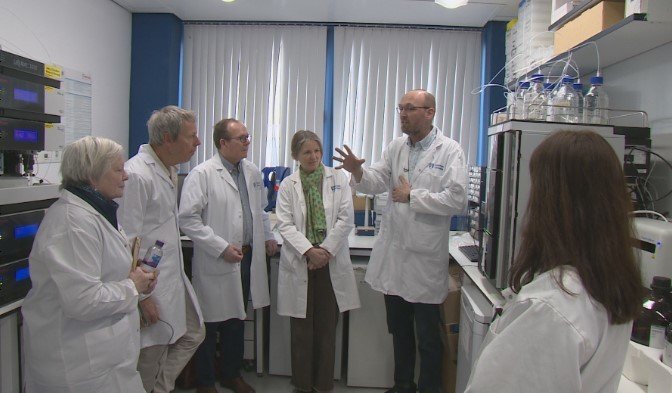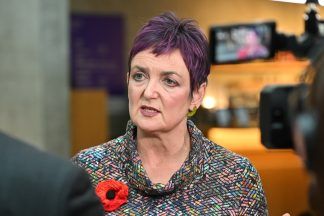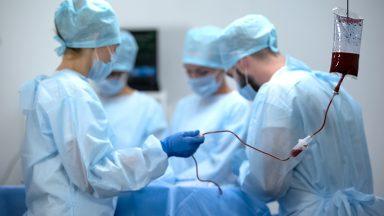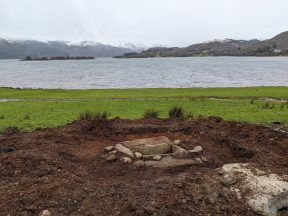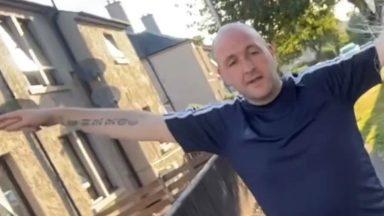People with Parkinson’s Disease say they’re taking hope from the dedication of scientists in Dundee to find a cure.
Patients and their families have been touring the laboratories at Dundee University’s School of Life Sciences to see how new equipment they helped to fund is accelerating research into the condition.
“I think the generosity of people who’ve given money to the cause is overwhelming,” said Brendan Hawdon, who was diagnosed seven years ago.
“When you come to the laboratory and see the new equipment that you’re able to buy you feel so much more hopeful that sometime soon, and in my lifetime, they can find something I can take that will help stop my neurodegeneration and become a normal person again.”

The Liquid Chromotography System cost around £70,000, funded by the Dundee Parkinson’s Research Campaign. It will allow researchers to break down complex protein samples.
“The proteins that are usually more important are not that abundant, so we really need to go deep down into what the sample has,” explained Dr Renata Soares, laboratory facilities manager.
“This instrument allows us to simplify the process, it’s like cutting the sample into small chunks and then we analyse each chunk and see what’s inside.”
Parkinson’s disease is a disabling neurodegenerative illness which has no cure. Every week in Scotland, 30 people are diagnosed.
The drug most successful in managing the condition was developed 60 years ago. Since then, there hasn’t been a breakthrough, but it’s hoped the work going on at Dundee University can change that.

“We want to identify a biomarker for the disease that allows us to predict who might develop Parkinson’s and then to identify molecules that we can target that might be causing Parkinson’s and modify those molecules for treatment,” said Dr Andy Howden, senior research scientist.
“The research takes a long time, but we are gradually cracking the problem and finding out more about the disease.
“Parkinson’s is a cruel illness, it affected my father for more than 20 years, so I’m aware just how important it is that we can help those who live with the disease today.”
Marc van Grieken was diagnosed 17 years ago and campaigns for better understanding of the condition.
“First of all you have to come to terms with it and most men don’t come to terms with these things easily, and I didn’t,” he explained.
“It is very challenging for you, your family and for your friends, but when you reach equilibrium you see the positive things you can do.
“The laboratory here is so welcoming to us and incredibly committed to finding a cure.
“They also understand what we are going through, it’s not just working with cells and genes and proteins, it’s real people’s lives.”
Follow STV News on WhatsApp
Scan the QR code on your mobile device for all the latest news from around the country


